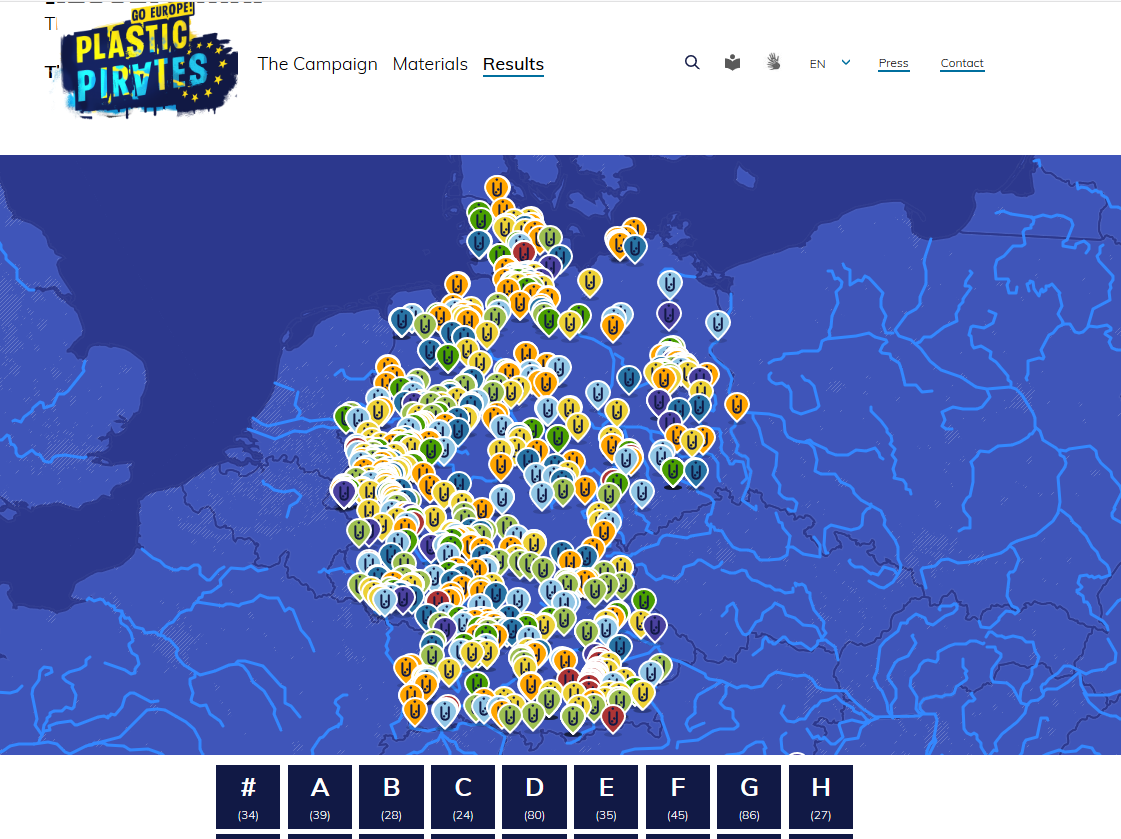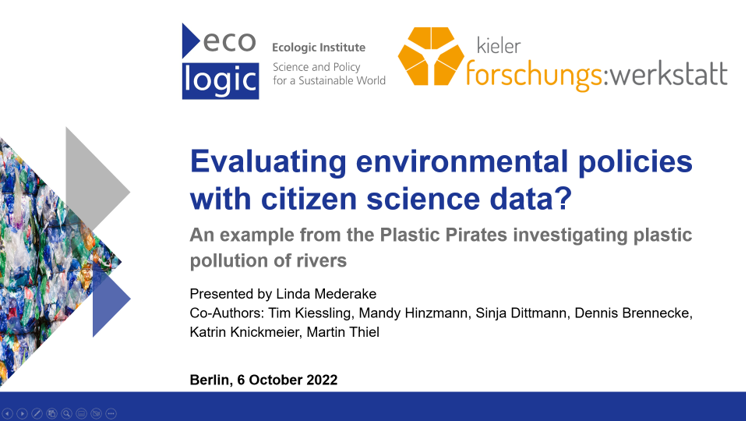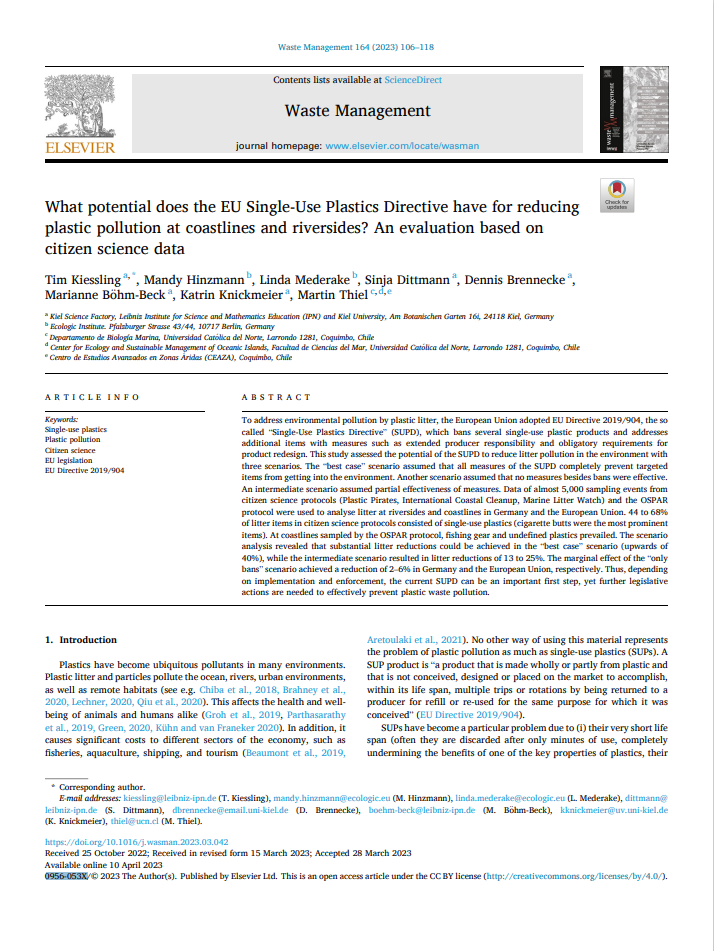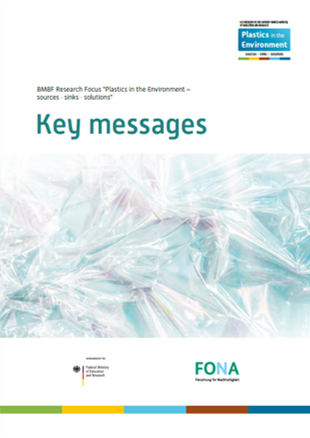Plastic bottles on coastline in Albania
|© Hannes Schritt
Tackling Plastic Pollution on Albania's Coastline: A Mission Ocean Initiative
Technical Assistance #48 Durrës
- Project
- Duration
-
-
As part of the EU Mission "Restore our Ocean and Waters", the project EUMission4WaterPollution is receiving technical support through the programme "Studies to Support Communities of Actors to Achieve the EU Mission", coordinated by the European Climate, Infrastructure and Environment Executive Agency (CINEA). The aim of the project is to strengthen the coastal resilience of the Albanian port city of Durrës and to develop strategies to tackle plastic and microplastic pollution.
The technical assistance #48 in Albania is being implemented by Poseidon Europe in collaboration with the Ecologic Institute and CLIMAZUL. The Build Green Group (BGG) and the municipality of Durrës serve as local implementation partners.
First Step: Baseline Assessment Using Citizen Science
A key component of the support is the development of a robust and cost-effective methodology to assess plastic pollution in the coastal area of Durrës. During a field mission in July 2025, a first draft of this methodology was tested under real-life conditions. The "Plastic Pirates" methodology – a Europe-wide citizen science approach for standardised plastic waste monitoring – was applied. This pilot activity provided valuable baseline data for the development of a scalable and adaptable monitoring strategy for regular use by local actors.
A Holistic Project Approach: From Policy Analysis to Financing
In addition to environmental data collection, the technical support includes three further key areas:
- Policy and legislative analysis (Task 2.1): Identification and review of relevant national and EU regulatory frameworks, and assessment of challenges in their local implementation.
- Identification of technical and practical solutions (Task 2.2): Development of measures to prevent and remove plastic waste.
- Assessment of funding opportunities (Task 2.3): Identification of long-term financing options to ensure the implementation and sustainability of project activities.
Next Steps
The technical support phase will run until October 2025. A final feasibility report will serve as the basis for future projects and measures in Durrës. The project results are also intended to serve as a model for other regions across the Mediterranean that are facing similar challenges in addressing plastic pollution.








